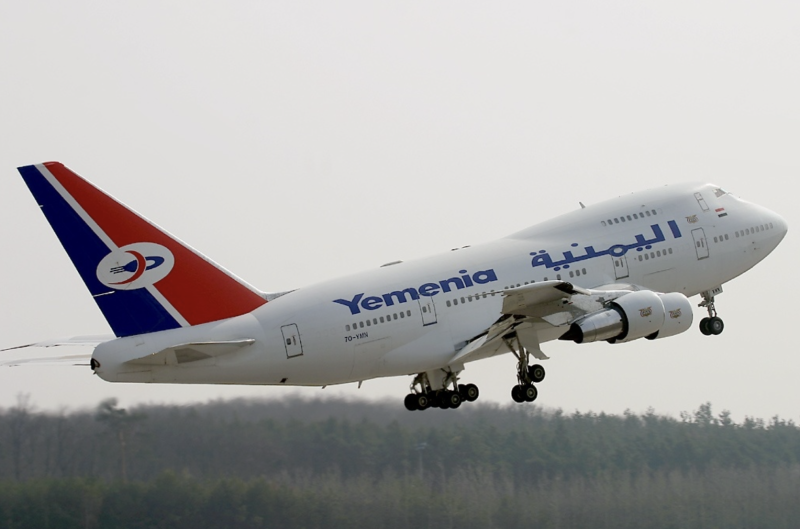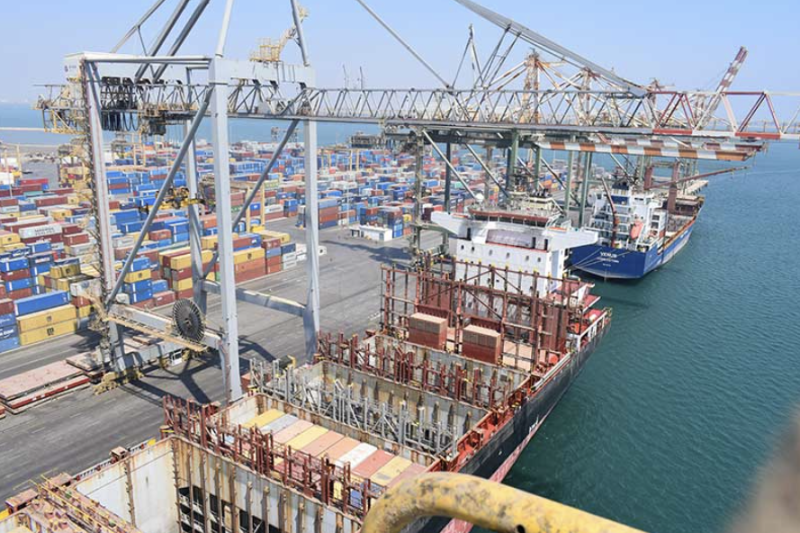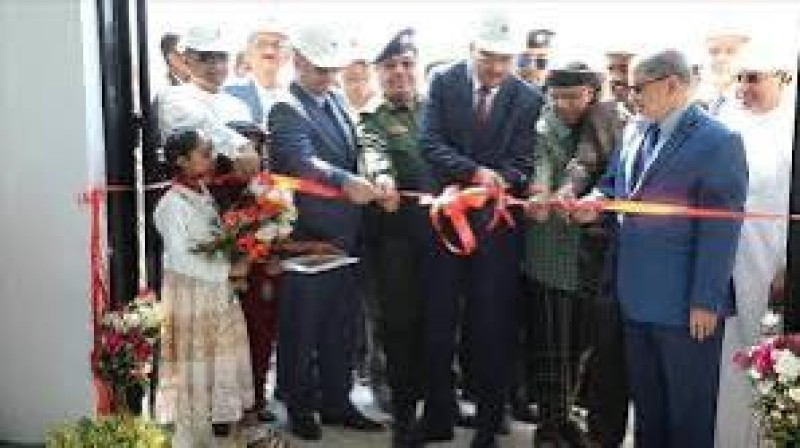Yemen: Humanitarian Access Snapshot (November – December 2021)


Humanitarian partners reported 436 access incidents in November and December 2021 across 54 districts in 16 governorates – a slight decrease from the 511 incidents reported in September and October 2021, mainly due to a lower frequency of missions during the holidays. About 50 percent of reported incidents pertained to increased interference in the implementation of humanitarian activities.
Interference in the implementation of humanitarian activities by the authorities in Yemen continued to be the most frequently reported constraint. With 226 incidents reported, delays in approving project sub-agreements (SAs) remained predominant among reported interference incidents. Despite some recent progress, humanitarian partners continue to work with the Government of Yemen and the Ansarullah authorities to establish accountable and principled procedures for timely approvals of project sub-agreements. By December 2021, 127 NNGO/INGO projects were reported to remain unimplemented, in part or in full, due to pending approvals of SAs. These projects target some 8.3 million people in need and have a cumulative budget of US$233 million. During the reporting period, 53 SAs were reported to be approved, including 29 by the Government of Yemen and 24 by Ansarullah authorities. The local authorities in Sana’a continued to intervene in humanitarian partners’ operational modalities. Partners reported that interference in tenders, procurement, recruitment advertisements, project design, and beneficiary and geographical targeting caused delays or temporary suspension of humanitarian operations.
Restrictions on the movement of aid workers and humanitarian goods within and into Yemen were another major constraint, with 111 incidents reported. The incidents involved delays in granting, and to a lesser extent denial of, travel clearances. Delays at checkpoints represented a significant challenge, especially for movements including Yemeni female aid workers. This is especially the case in Al Hodeidah and Hajjah governorates, where national female aid workers are required to travel with a mahram (a male family member).
Hostilities during the reporting period represented only 2.8 percent (12 incidents) of impediments. Nevertheless, their impact was severe. Health and WASH activities in Ma'rib and Shabwah governorates were suspended due to a high level of hostilities and changes of control. Similarly, the YHF-funded Al Jorzi Health Facility in Maqbanah District of Ta'iz Governorate was temporarily shut down due to hostilities. In contrast, shifting frontlines and changes in control in Al Hodeidah resulted in expanding humanitarian access to Ad Durayhimi and At Tuhayta district, although landmines continued to pose a serious risk. Increased hostilities in Hays district and neighboring areas in Al Hodeidah and Ta'iz governorates caused the closure of one of the main commercial supply routes from Aden to northern governorates, causing longer driving hours and increased transportation costs.

Aden -- Yemen Airways has announced the cancellation of the mandatory round-trip ticket requirement for passengers traveling from Yemen to Saudi Ar…

Aden — Ports under the authority of Yemen’s internationally recognized government have received more than two million metric tons of fu…

Mukalla — Local authorities in Hadramout have announced the inauguration of Yemen’s first solar-powered cement station, a landmark proj…